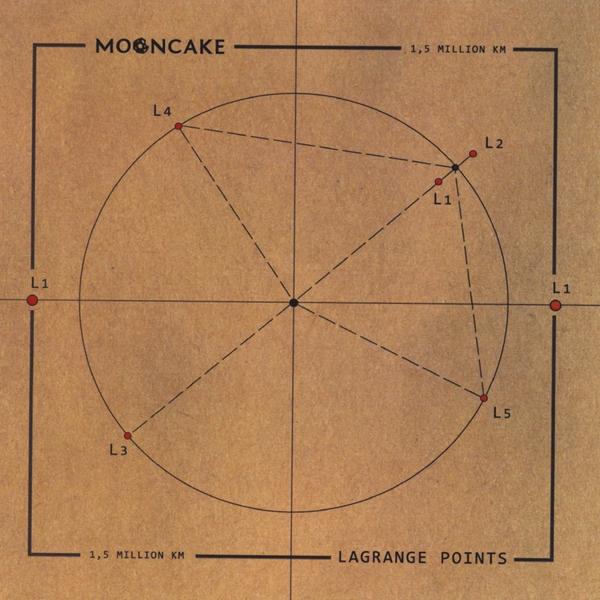
Aslan, Reza
The Persian students Baskerville educated in English in turn educated him about their struggle for democracy, ultimately inspiring him to leave his teaching post and join them in their fight against a tyrannical shah and his British and Russian backers. "The only difference between me and these people is the place of my birth," Baskerville declared, "and that is not a big difference."
In 1909, Baskerville was killed in battle alongside his students, but his martyrdom spurred on the revolutionaries who succeeded in removing the shah from power, signing a new constitution, and rebuilding parliament in Tehran. To this day, Baskerville's tomb in the city of Tabriz remains a place of pilgrimage. Every year, thousands of Iranians visit his grave to honor the American who gave his life for Iran.
In this rip-roaring tale of his life and death, Aslan gives us a powerful parable about the universal ideals of democracy--and to what degree Americans are willing to support those ideals in a foreign land. Woven throughout is an essential history of the nation we now know as Iran--frequently demonized and misunderstood in the West. Indeed, Baskerville's life and death represent a "road not taken" in Iran. Baskerville's story, like his life, is at the center of a whirlwind in which Americans must ask themselves: How seriously do we take our ideals of constitutional democracy and whose freedom do we support?







